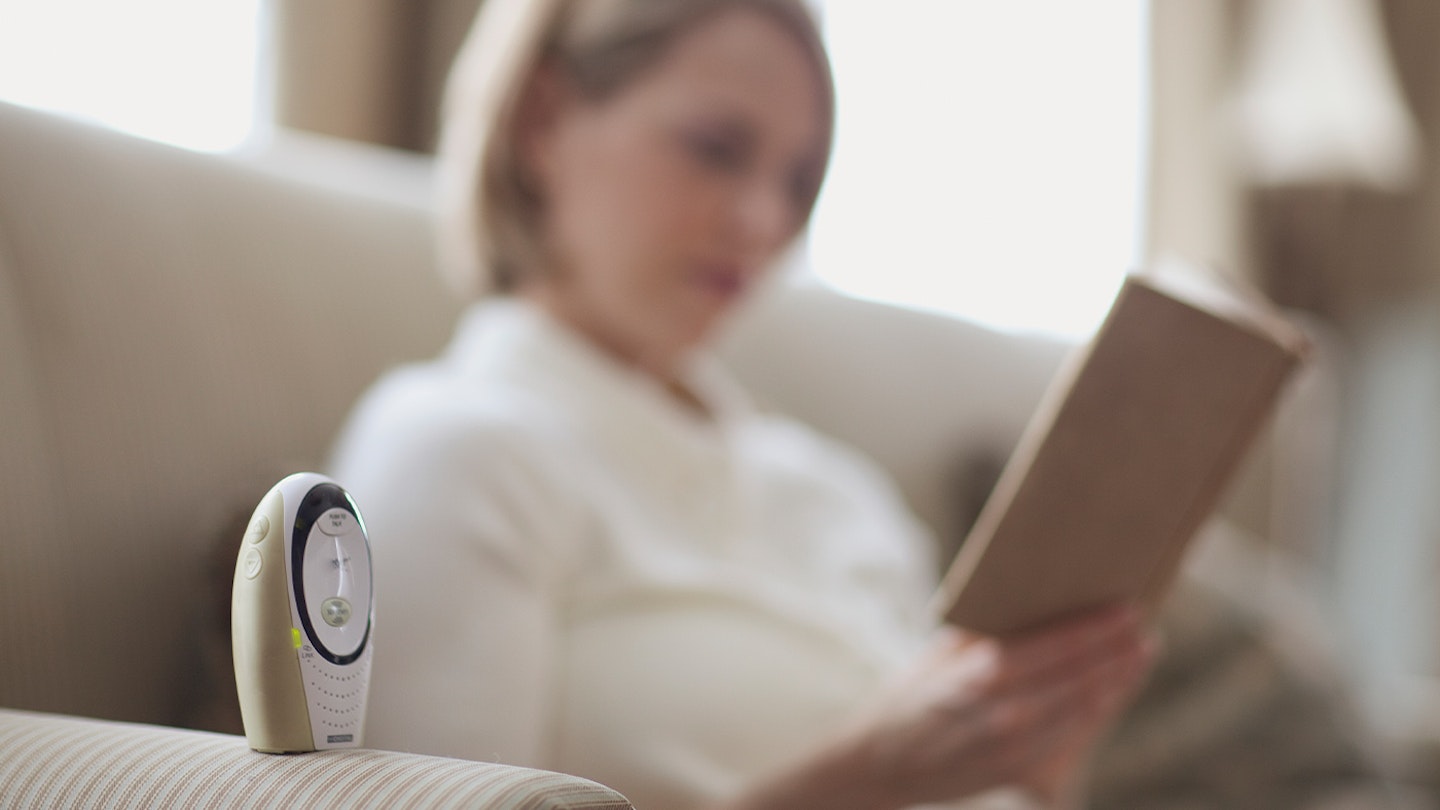Whether you're using a video monitor or audio only monitor, a baby monitor is a modern essential most of us parents would feel lost without.
They're great for those early months when all you want to do is watch your precious baby, but they're also useful for watching out for your sleepy toddler escaping from their bed in the night.
As with most baby essentials, there'll come a time when you might wonder if you still need your baby monitor. And although there will never be a day when you don't worry about your child (even when they've got children of their own), there will come a day when you don't need to keep such a close eye on them.
To help you know when you can safely give up the baby monitor for good, we've put together some useful information and guidance to help you make the transition.
When is it safe to stop using a baby monitor?
Although there is no set age or official NHS guidance for when to stop using a baby monitor, most experts suggest that you can stop using a baby monitor when your child is around two to four years old depending on how comfortable you feel with giving it up.
Often by the age of four, your tot has stopped performing some rather dangerous escapes and climbs out of their cot and their safety at night time is less of a concern.
Some also suggest it's a good idea to give up your baby monitor once your baby is old enough to realise they are being watched and monitored, as they may feel tempted to look at the monitor or speak into it if they know they'll get a reaction. If they've fully adjusted to sleeping in their own bed, it should also be okay to stop using the baby monitor.
Reasons to stop using a baby monitor
Whether they're grunting, snoring, talking or laughing (adorable!) in their sleep, hearing your baby at night can interrupt your sleep too. This is one reason why sleep deprived parents might want to give up their baby monitor sooner rather than later.
On the other hand, some parents may find that being able to hear their little one brings them a peace of mind that helps them sleep easier. It's all about weighing up the benefits and taking into consideration your own sleep habits.
Similarly, baby monitors can trigger some parents' anxietyaround checking on their baby constantly. This can hugely impact your mental health, so if you find you are struggling, it might be a good time to turn it off.
Reasons to keep using a baby monitor
As mentioned, if it helps you sleep better and feel calmer, then you might want to continue using the baby monitor.
You might also want to keep using it if your younger siblings are sleeping in the same bedroom as your tot, as you'll want to continue to monitor them.
It's also a good idea to keep your baby monitor on if you can't hear your little one shout at night. This is mainly for those living in larger houses or houses that are well sound proofed from room to room.
How to get rid of the baby monitor
Coming to terms with your baby growing up can be difficult, and the transition can feel hard at times. If you're thinking about getting rid of your baby monitor, it's a good idea to do it with a gradual approach.
Start by switching it off and seeing how you get on. If you feel the need to switch it back on, you still have the option.
This gradual approach is often easiest, and once you start thinking about it less and less, you might decide to give it up for good.
